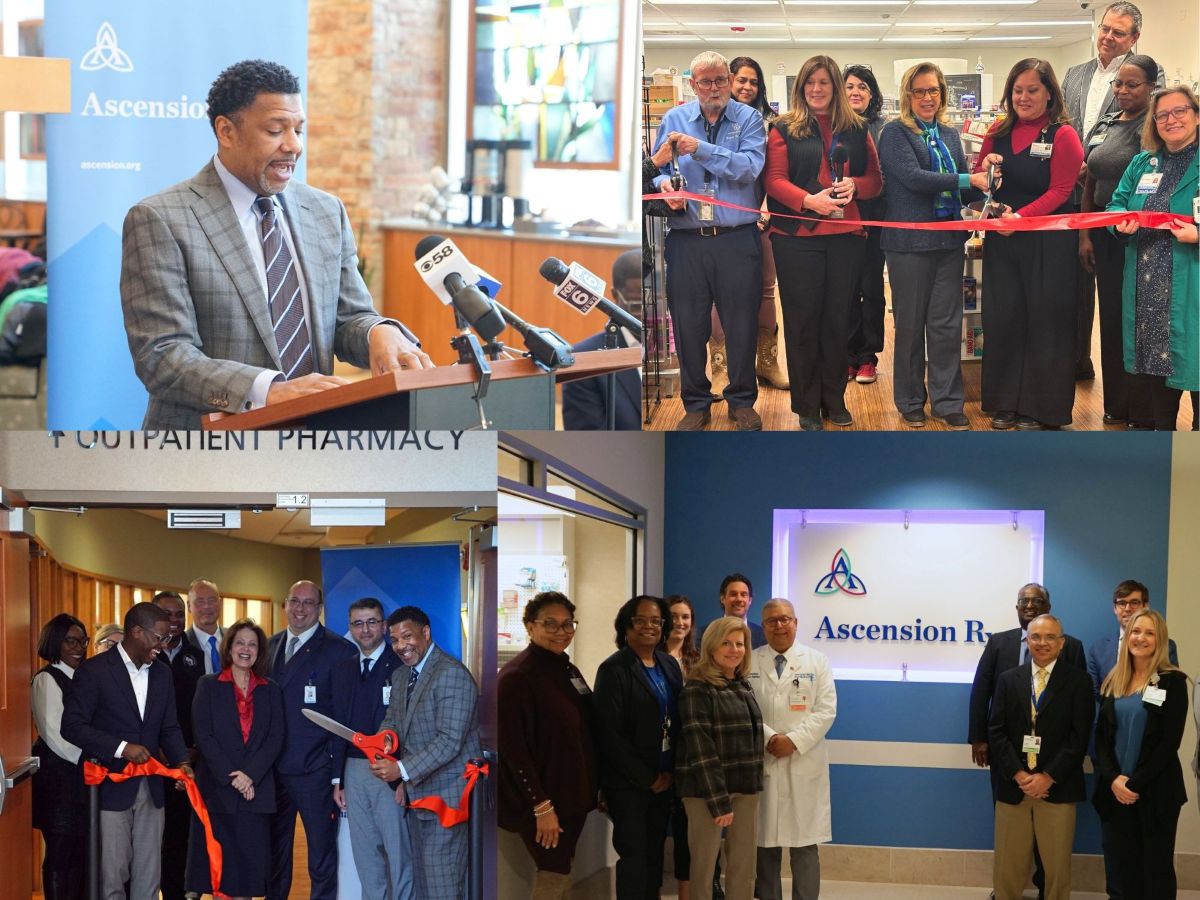In a matter of months, more than 24 million Americans may face increases in their health insurance premiums. Families will be forced to make hard choices between keeping their coverage or paying for other basic needs.
This will not be the result of a new law or a mistake in paperwork. It will result from inaction. Unless Congress steps in, the healthcare tax credits that millions of hardworking Americans rely on will expire at the beginning of 2026. That change would cause premiums for Americans and their families to rise by an average of 93%. This is both predictable and preventable.
Why the Tax Credits Matter
The healthcare tax credits have reduced costs and opened the door to health care coverage for working lower and middle-class families. The credits have cut monthly premiums by nearly half, with more than nine million people finding health insurance plans for ten dollars or less each month. This stability matters. It keeps families from falling into medical debt, the leading cause of personal bankruptcy in the United States. It allows people to get care before conditions worsen, instead of waiting until the emergency room is the only option left — a higher-cost option which does not lead to a healthier community.
Affordable coverage improves health. Insured adults are nearly twice as likely to receive recommended cancer screenings. Families with insurance are more likely to access primary care, behavioral health services, and preventive screenings. These credits not only help families keep more of their earnings, they give them peace of mind about their health and support our shared goal of a healthier America.
The Cost of Letting Them Expire
If Congress does not act, five million people could lose coverage altogether because of rising costs. Those who remain insured will face painful premium hikes:
- A family of four earning $125,000 would see premiums increase by $7,700 each year.
- A family of four earning $64,000 would see a $2,600 increase each year.
- A 60 year old couple earning $80,000 would see premiums increase by $17,500 each year.
These costs will be felt across the healthcare system and families will feel the impact of higher premiums that make it harder to stay covered.
Why This Matters to All of Us
Ascension is guided by our Catholic mission to serve all, especially those most in need, regardless of their ability to pay or their coverage status. That commitment will never change. But we also know that when more people have affordable coverage, the entire healthcare system works better. Emergency departments are less crowded, hospitals are able to stretch resources further, and communities are healthier.
Preserving the healthcare tax credits is not just about policy. It is about protecting families from financial hardship, maintaining continuity of care, and strengthening the health of communities across the country.
Congress has a choice. Allowing these credits to expire is the same as raising taxes on millions of families while weakening the healthcare system and the communities they serve. Extending them is a key step to support healthier families, stronger communities, and a more stable nation.




